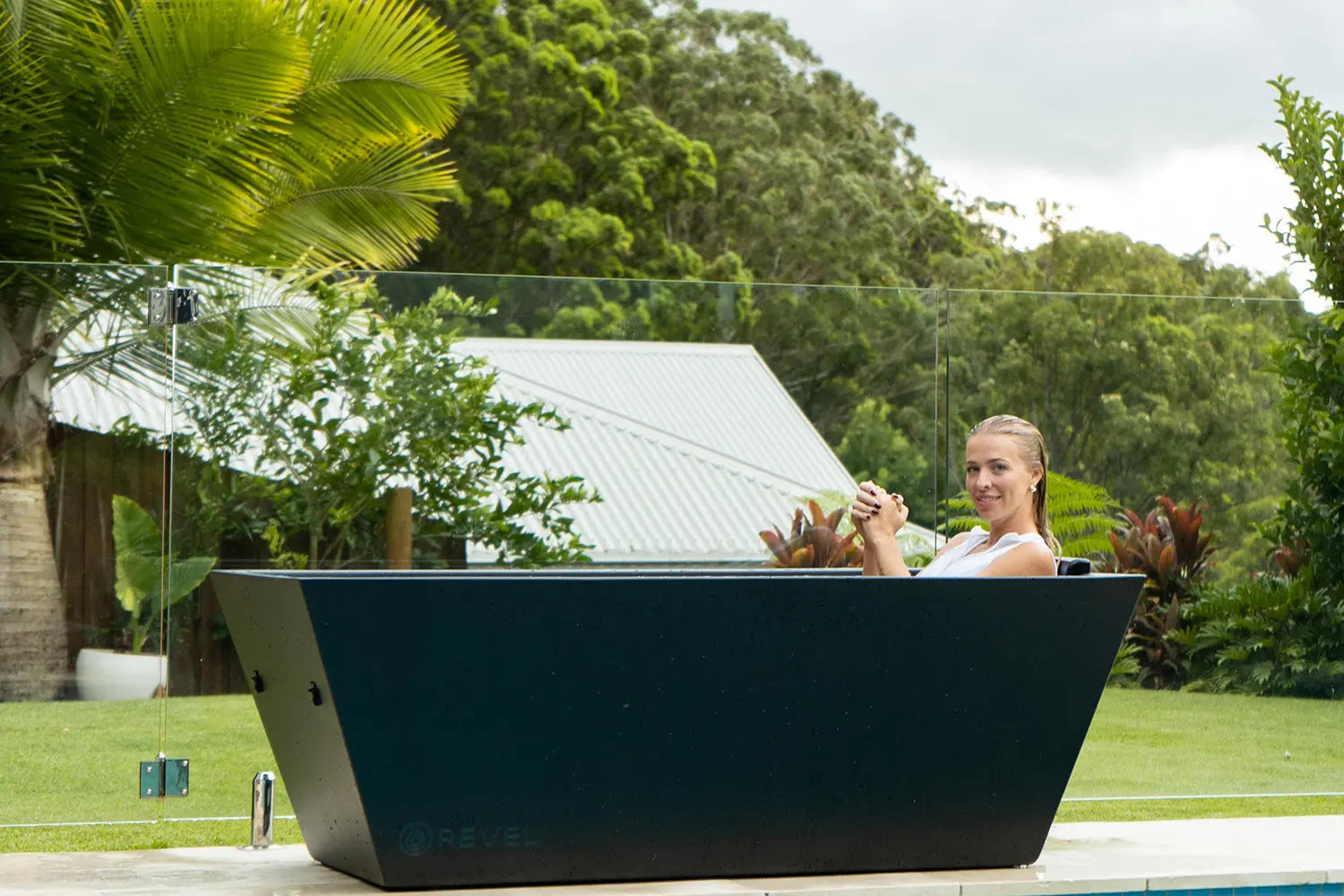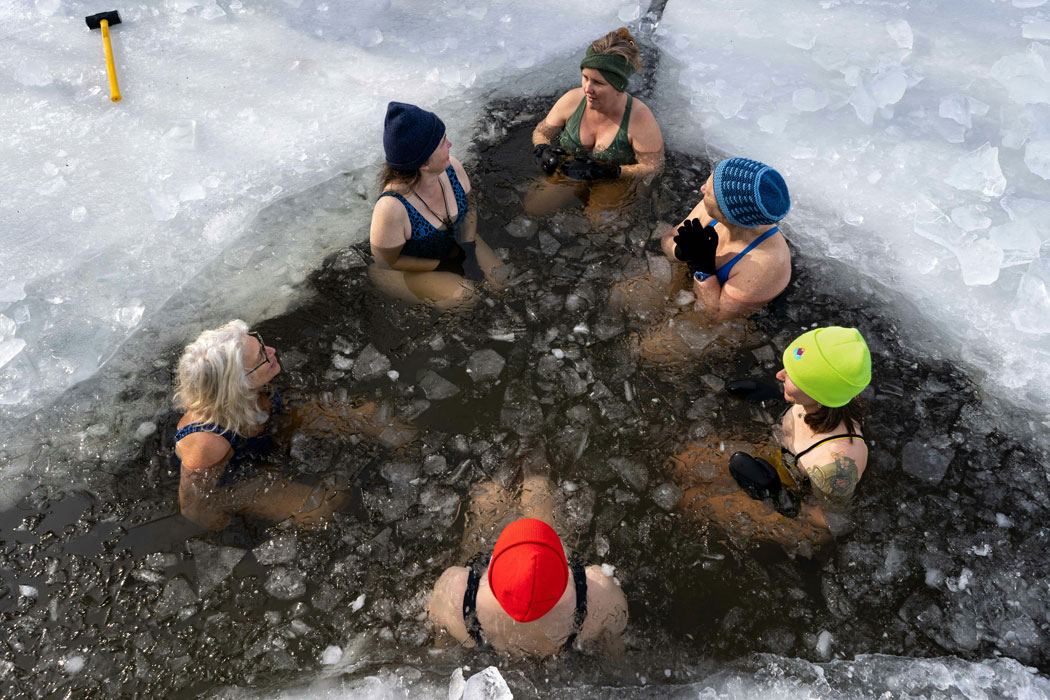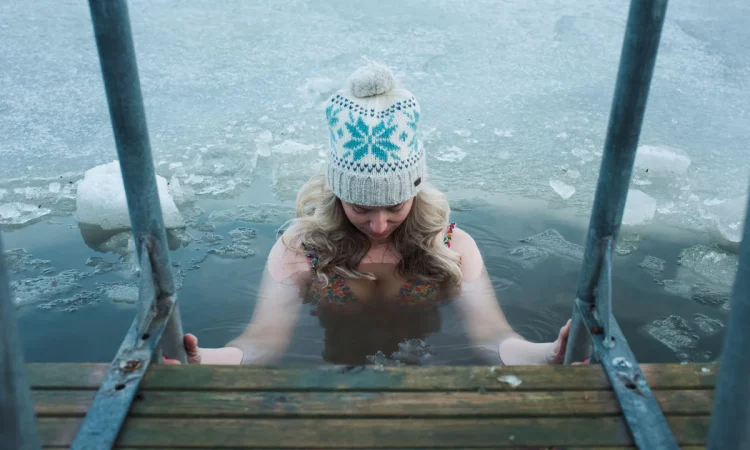In recent years, cold showers have surged from the realm of wellness curiosities into a bona fide lifestyle trend. From biohackers to fitness enthusiasts, CEOs to everyday health seekers, plunging into icy water has become almost a badge of honor. But what fuels this growing obsession with cold showers? Is it just a passing fad, or is there something profoundly beneficial lurking beneath the chill?
Let’s unravel the science, history, and psychology behind why cold showers have captivated so many—and why you might want to try one too.
The Historical Dip into Cold Water
Cold water therapy isn’t new. Its roots stretch back to ancient civilizations. The Greeks were famous for their frigidaria—cold plunge pools following hot baths. Scandinavian cultures have long intertwined sauna sessions with icy lake dips. In Japan, cold water baths called Misogi serve ritual purification purposes.
Fast-forward to the 20th century, and cold water gained traction through figures like Wim Hof, the “Iceman,” whose extreme cold exposure techniques sparked global interest. This history shows that cold showers are not merely trendy but deeply woven into human wellness practices.
The Physiology of Cold Showers
The Shock Factor: How Cold Water Jolts Your System
When you turn on the cold water, your skin’s temperature receptors instantly fire signals to the brain, triggering a fight-or-flight response. Your heart rate spikes, breathing quickens, and blood vessels constrict in the skin’s surface—a process called vasoconstriction.

This sudden shock isn’t harmful if brief but forces your body to adapt rapidly, activating your sympathetic nervous system. Think of it as a mini wake-up call for your entire body.
Boosting Circulation and Immunity
Vasoconstriction is followed by vasodilation when you step out of the cold water, pushing blood flow to vital organs and muscles. This improved circulation can accelerate recovery, reduce inflammation, and flush out toxins.
Research even links regular cold exposure to enhanced white blood cell count and improved immune response. The theory? Your body learns to better regulate its defense mechanisms through repeated exposure to mild stress.
Mental Benefits: Cold Showers and Your Brain
Cold showers do more than boost your body—they have a profound effect on your brain chemistry.
Endorphin Rush and Mood Enhancement
Cold water triggers the release of endorphins, those natural mood lifters often associated with the “runner’s high.” A quick cold shower can improve mood, reduce anxiety, and even alleviate mild depressive symptoms.
In fact, a 2008 study in Medical Hypotheses suggested that cold exposure might activate the brain’s locus coeruleus, increasing norepinephrine levels—key for alertness and focus.
Building Resilience and Mental Toughness
Stepping into cold water demands a kind of mental discipline. Overcoming the initial shock builds resilience and fortifies willpower. This is why cold showers often appeal to those interested in biohacking and self-improvement—they provide a daily challenge that strengthens the mind as much as the body.
The Practical Benefits: Why People Stick With It
Cold showers are deceptively simple, yet the benefits extend beyond the physiological and psychological.
- Improved Skin and Hair: Cold water tightens pores and cuticles, reducing dirt accumulation and making hair appear shinier and healthier.
- Increased Energy and Alertness: That sharp burst of cold stimulates the nervous system, making it a natural energizer, better than caffeine for some.
- Better Sleep Quality: Post-shower cooling lowers core body temperature, which can promote deeper, more restful sleep.
How to Start a Cold Shower Practice Safely
Jumping straight into an icy shower can be daunting—and sometimes dangerous for people with cardiovascular issues. Here’s a beginner-friendly guide:

- Start Warm, End Cold: Begin your shower at a comfortable temperature, then gradually lower it over the last 30 seconds to 2 minutes.
- Control Your Breathing: Deep, slow breaths help manage the shock and prevent hyperventilation.
- Listen to Your Body: If you feel dizzy or overly uncomfortable, stop immediately.
- Consistency Over Intensity: Regular short exposures are more beneficial than occasional long, cold shocks.
The Science Is Still Emerging
While there’s plenty of anecdotal evidence and some promising studies, cold showers aren’t a miracle cure. The science is ongoing, and individual responses vary widely.
However, what’s clear is that cold exposure is a form of hormesis—a biological phenomenon where mild stress stimulates beneficial adaptations. It’s a compelling reminder that sometimes, a little discomfort can lead to great rewards.
The Cultural and Psychological Appeal: Why We Keep Coming Back
Beyond the biology, cold showers tap into something deeper: the human desire for challenge, transformation, and control.
In a world designed for comfort and convenience, cold showers disrupt our routines. They remind us we’re alive and capable of embracing discomfort. This primal encounter with cold water harks back to survival instincts, forging a link between body and mind.
Many practitioners describe a meditative clarity post-shower—a moment of heightened awareness and calm that no warm shower can replicate.
Final Thoughts
Our obsession with cold showers is a fascinating intersection of ancient wisdom, modern science, and human psychology. It’s about more than just getting clean—it’s a ritual that invigorates the body, sharpens the mind, and builds resilience.
So, why are we so obsessed? Because cold showers challenge us to embrace discomfort, awaken our senses, and reconnect with a primal part of ourselves. And in that icy embrace, many find not just health benefits, but a powerful metaphor for life itself: growth often comes from stepping outside our comfort zone.











































Discussion about this post